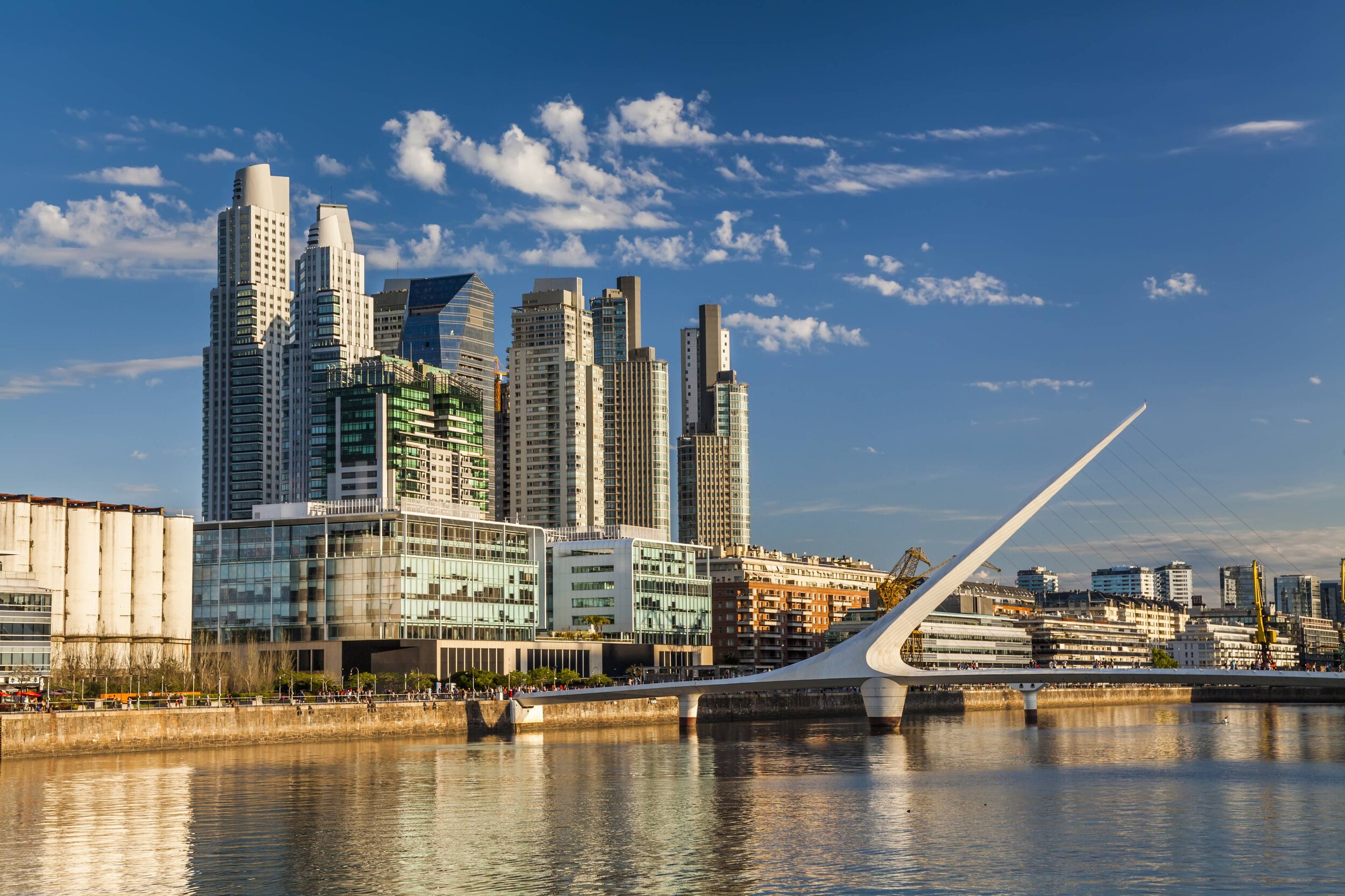
Wealth in Argentina
Effect on Peoples’ Lives
Effect on People in Urban Areas
Wealthy & Middle Class
Some urban families live in big brick houses with swimming pools and some live in modern apartments.
Most middle class families spend nearly all of their income on rent and electricity. Middle class teenagers don’t usually have to help at home. Families hire maids to do the laundry, cook and take care of the children. Teenagers spend their time after school playing soccer or meet their friends, or chat on the Internet.
In smaller cities and suburbs most wealthy families live in single family homes.
Poor
The poorest people in the city live in villas miserias (towns of misery). These are mostly families that lost money and jobs in the 2001 economic crisis. Migrants from other countries also end up here. They come to the city looking for work along with people from rural areas of Argentina. The slums are so over-crowded that any new people arriving now build shacks on empty blocks.
Nearly all Argentine children finish primary school, but the poor find it hard to afford high school. Although public schools are free, the uniforms, books, transport aren’t free. Low income teenagers often leave school to work and support their family.
Effect on People in Rural Areas
Wealthy
The daily lives of the rural wealthy and poor are quite different. Wealthy Argentines own estancias or large farms throughout the country. These farms have luxurious homes and may have swimming pools, tennis courts and polo fields. Some very large estancias are like small villages with their own chapels and schools. Sometimes part of the family will live in the city while their children attend school. Estancias employ many farm workers. These rural people work long days and go to bed early. Some estancias have vineyard, orchards and grain fields. Near Buenos Aires there are cattle ranches. These cattle ranches employ gauchos, or ranch hands, who work on the land.
Poor
Rural ppl feel neglected by those who live in cities. While cities recover economically they still go hungry even though the country produces food for export. People have died of starvation. Thousands of people have held protests complaining that they don’t receive enough money for health, education housing and water